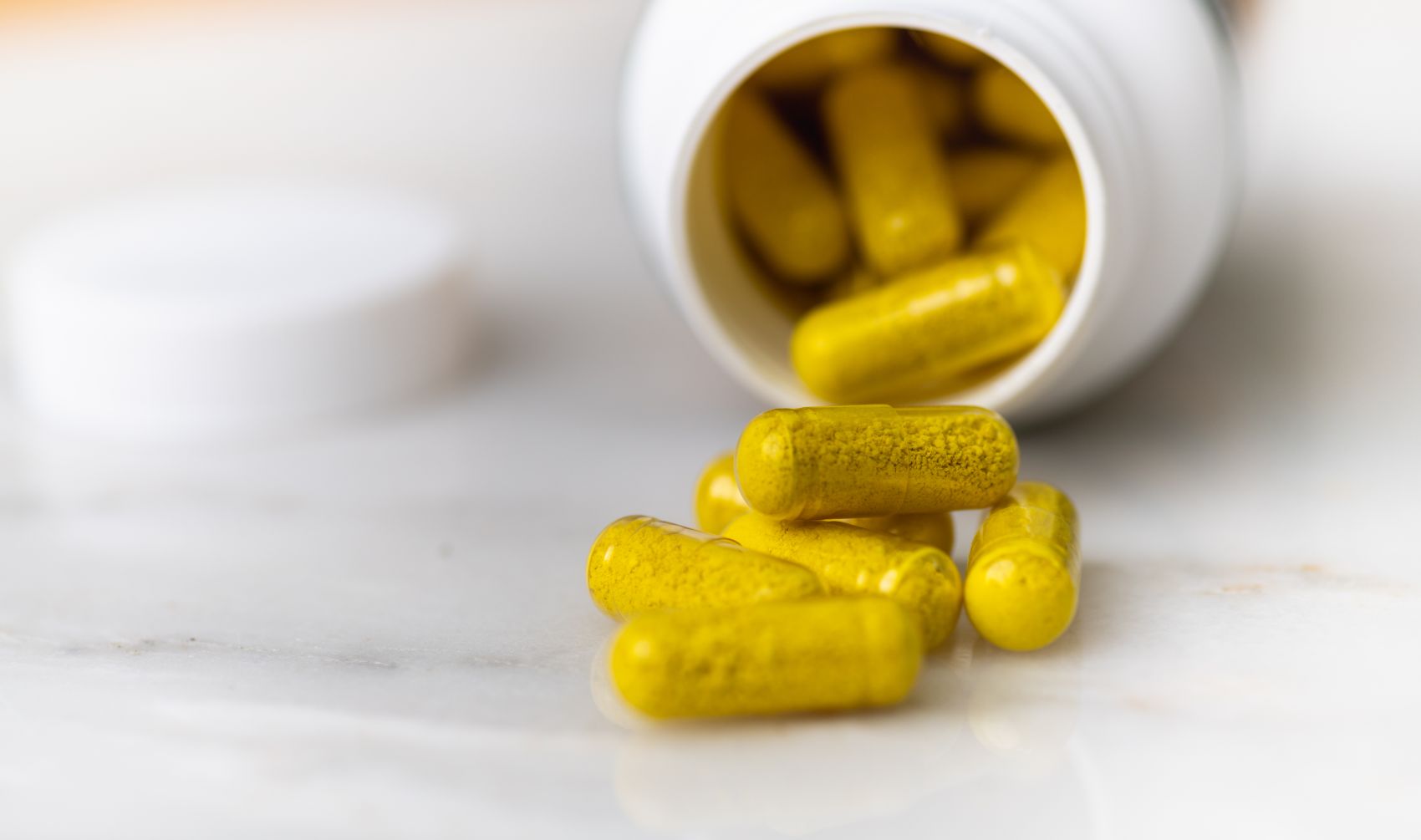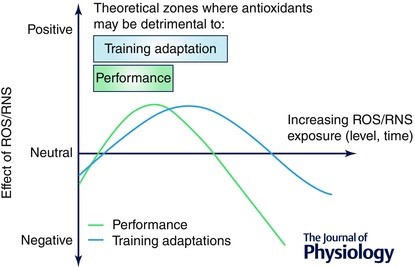Is it worth taking antioxidants around training?

Anyone with even a passing interest in health must be familiar with the concept of oxidative stress. Oxygen free radicals are by-products of metabolism, and an excess of them can put a solid strain on health. Training generates very large amounts of free radicals. So it's worth looking at what effect they have and whether it's worth interfering with their behavior with supplementation.
- Production of free radicals during training
- The contribution of reactive oxygen species to training adaptation
- The final verdict - should you use antioxidants around training?
Production of free radicals during training
During physical activity, we consume energy intensively. The natural consequence is increased production of reactive oxygen species in the mitochondria. We know that reactive oxygen species in excess are harmful and degenerate many of our body structures, including DNA and proteins. For many, the logical conclusion is that reducing free radicals during and after training will avoid damage. Using, among other things, large doses of vitamin C or supplements with polyphenols such as resveratrol around workouts is a practice advocated by numerous personal trainers and well-known bodybuilders. In this case, however, one should not jump to easy conclusions, and it is worthwhile to take a look at solid data.
The contribution of reactive oxygen species to training adaptation
If you are training, training adaptation is a very important process for you. The body, noting that you're lifting heavier weights than before or needing to run faster than you used to, tries to adapt to the new demands. It develops new muscle fibers, modulates your metabolism, corrects your body weight, etc. to be able to overcome challenges with greater ease the next time you are active.
The nail on the program in this article will be the information that for this adaptation it needs... oxygen and nitrogen free radicals. They are important molecular messengers that work by interacting with proteins sensitive to REDOX status to regulate numerous physiological processes.
Extreme low and very high levels of free radicals are not conducive to either training performance or adaptation. However, there is a certain optimal range of free radical exposure that is necessary for athletic gains. This is perfectly illustrated in the chart below.

The final verdict - should you use antioxidants around training?
For most people, the answer is NO.
If you are a healthy person, train amateurishly 3-5 times a week and have a reasonable diet with adequate amounts of fruits and vegetables, then antioxidants around training will not only fail to benefit you, but will undermine the effects of your efforts.
Many antioxidants have specific health benefits that we often care about. When you need their supplementation, try to take them away from your workouts, keeping a few hours apart. Also, don't overdo the amount of them - more doesn't mean better.
If you are a professional athlete and do more than 6 hard training sessions per week, you may have a very high increase in free radicals, and small doses of antioxidants may not be a bad idea. They can also come in handy during intense competition periods, where you don't care about training adaptation, but only maximum recovery and the best possible performance in competition. Then, too, one benefits from antioxidants even peri-training. This issue should be approached individually.
Sources:
- Merry TL, Ristow M. Do antioxidant supplements interfere with skeletal muscle adaptation to exercise training? J Physiol. 2016 Sep 15;594(18):5135-47.
 – wlasciwosci zdrowotne i dawkowanie.jpg) ⮜ Previous article
⮜ Previous article
NAC (N-acetylcysteine) supplement - health properties and dosage.
 Next article ⮞
Next article ⮞